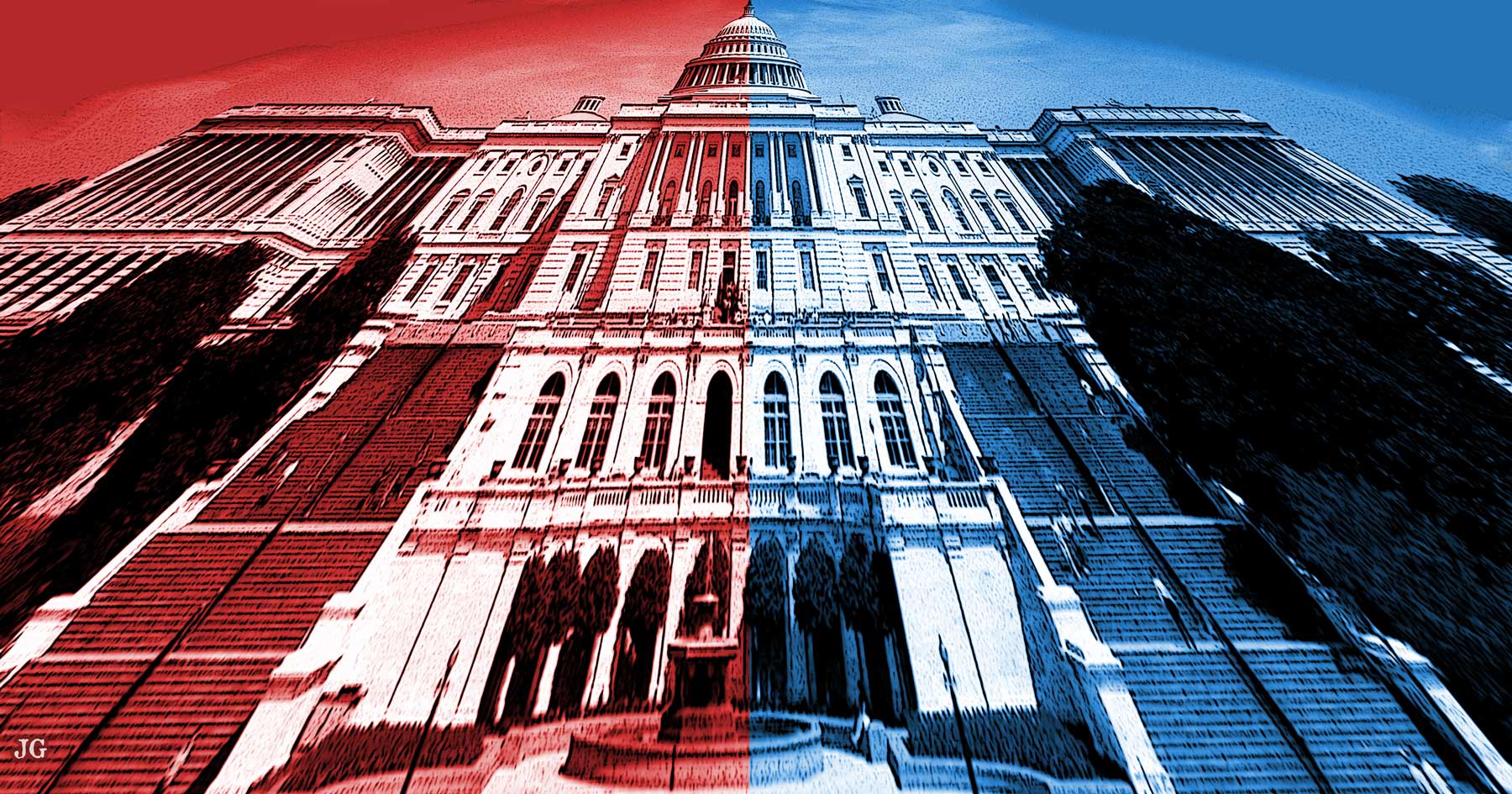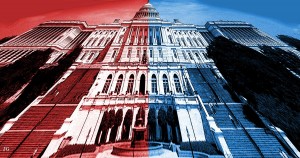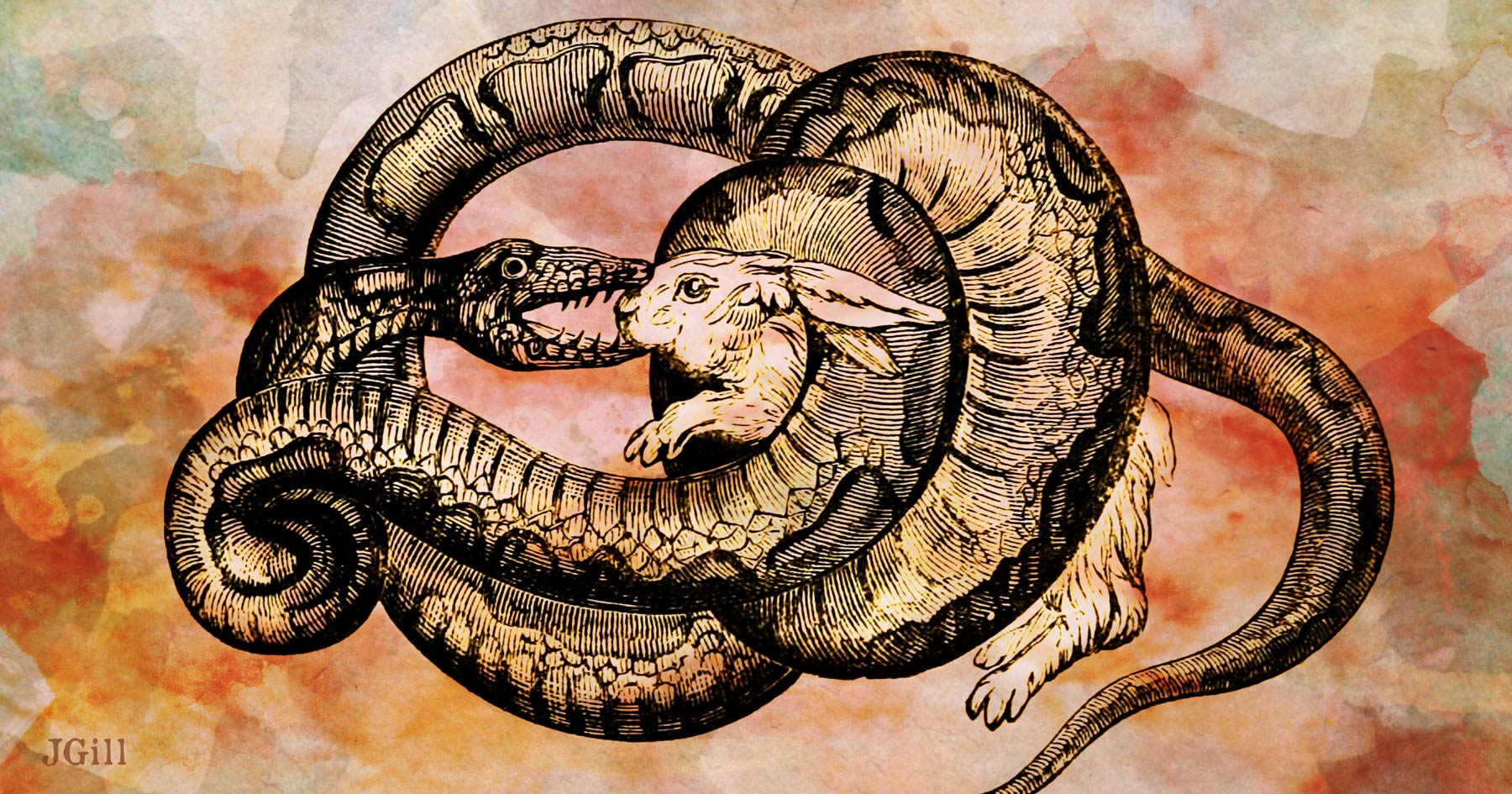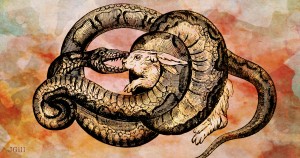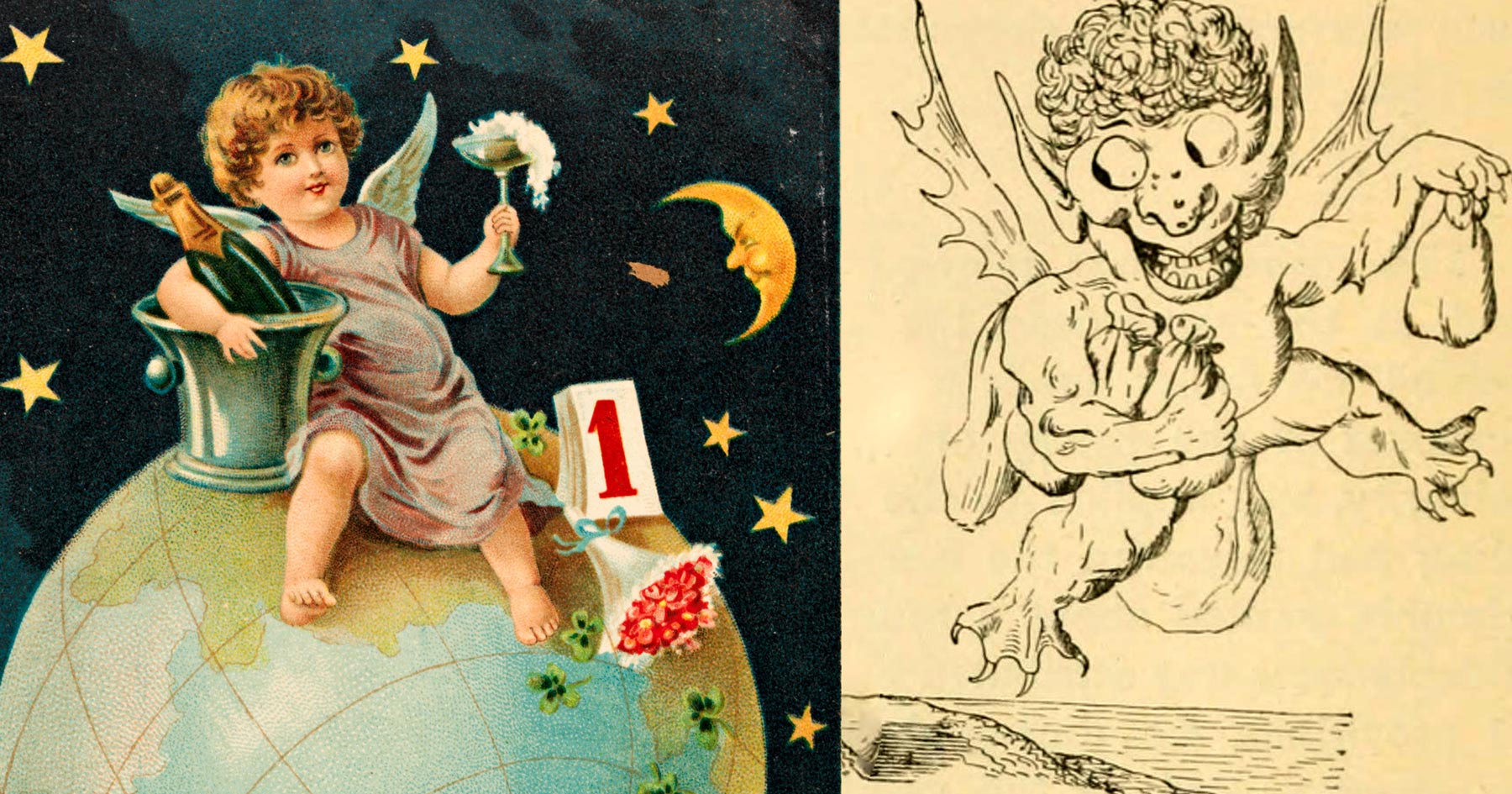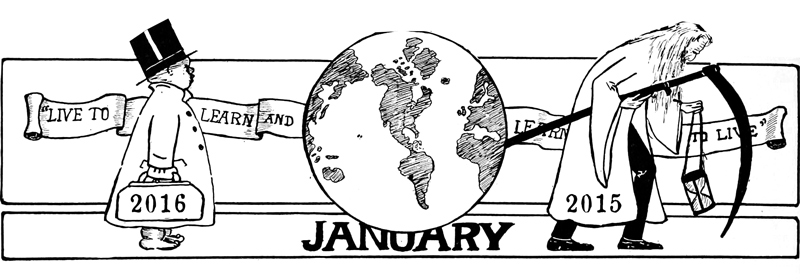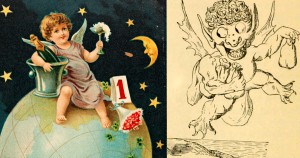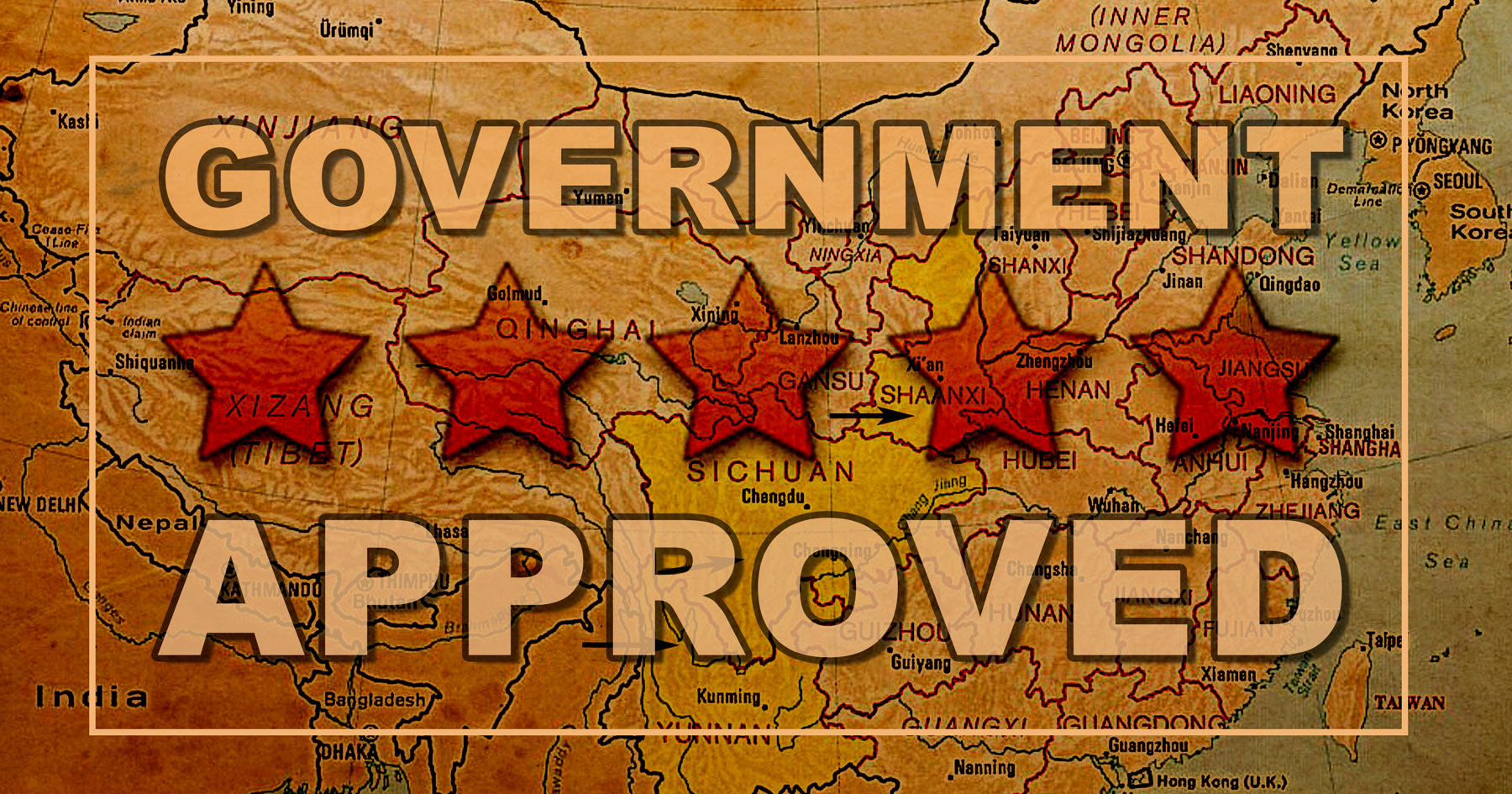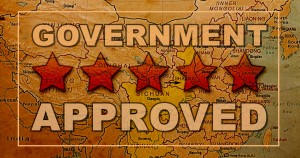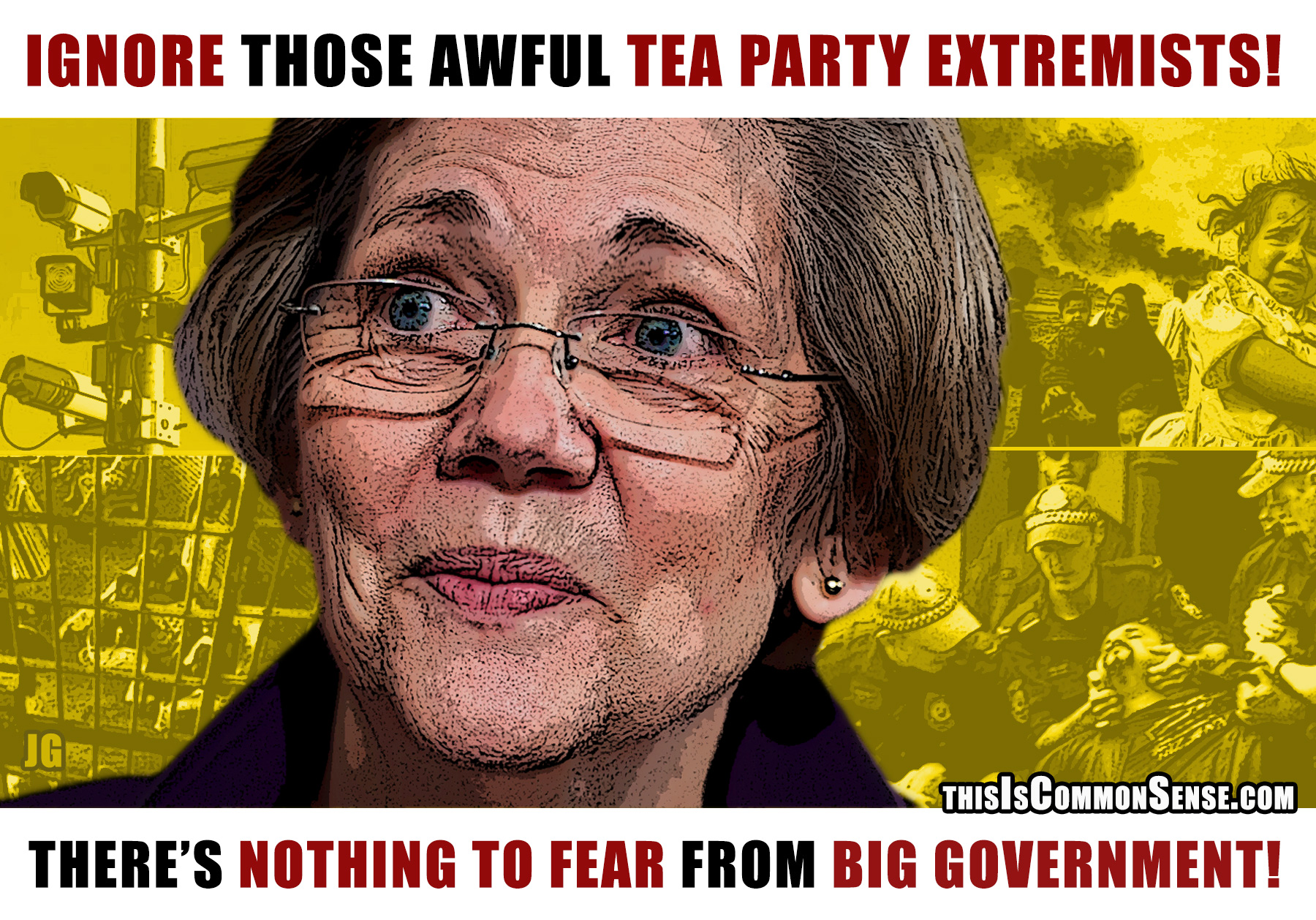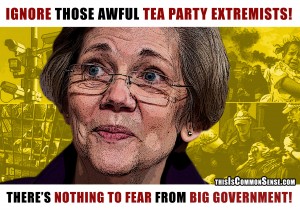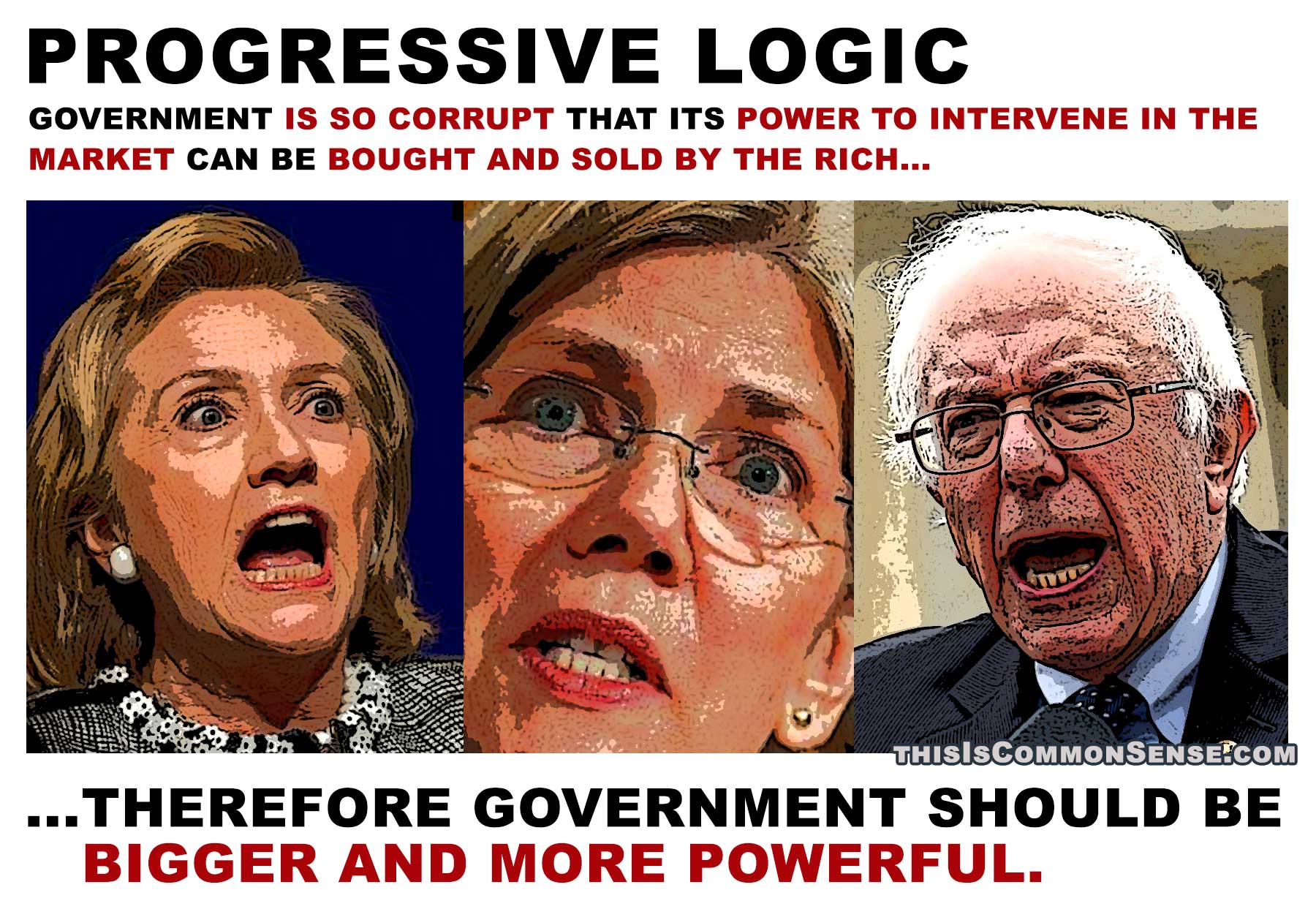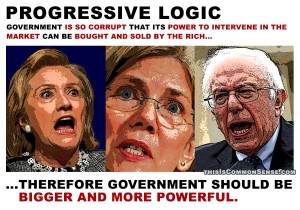When I was a kid, both Democrats and Republicans sported “conservative” and “liberal” wings as well as “moderate” leaders and representatives.
Now, conservatives have pretty much corralled themselves into the GOP, and liberals into the Democratic Party.
Why? Birds of a feather?
Ezra Klein offers some interesting observations in “This is what makes Republicans and Democrats so different”:
- “Democrats are motivated by specific policy deliverables while Republicans are motivated by broader philosophical principles”;
- “Democrats rely on more interest groups than Republicans” do;
- “Democrats prefer politicians who compromise, and Republicans prefer politicians who stick to their principles”;
- “Policymaking has a liberal bias — even when Republicans do it.”
Klein also draws on research by political scientists Matthew Grossmann and David Hopkins, who in their paper, “Policymaking in Red and Blue,” conclude that “the Republican Party is dominated by ideologues who are committed to small-government principles, while Democrats represent a coalition of social groups seeking public policies that favor their particular interests.”
Interest groups demanding that their “particular interests” be addressed with more “deliverables” from government would certainly explain a strong Democratic Party bias in favor of more government. Klein seems to be saying that Democrats are led, as if by an invisible hand, in the socialistic direction.
But why does a Republican Party supposedly “dominated” by those with “small-government principles” also advance policies that grow big government? “New policies usually expand the scope of government responsibility, funding, or regulation,” Grossmann and Hopkins point out.
Perhaps Republican politicians are more influenced by their own position in government than by the views of their base voters.
This is Common Sense. I’m Paul Jacob.
